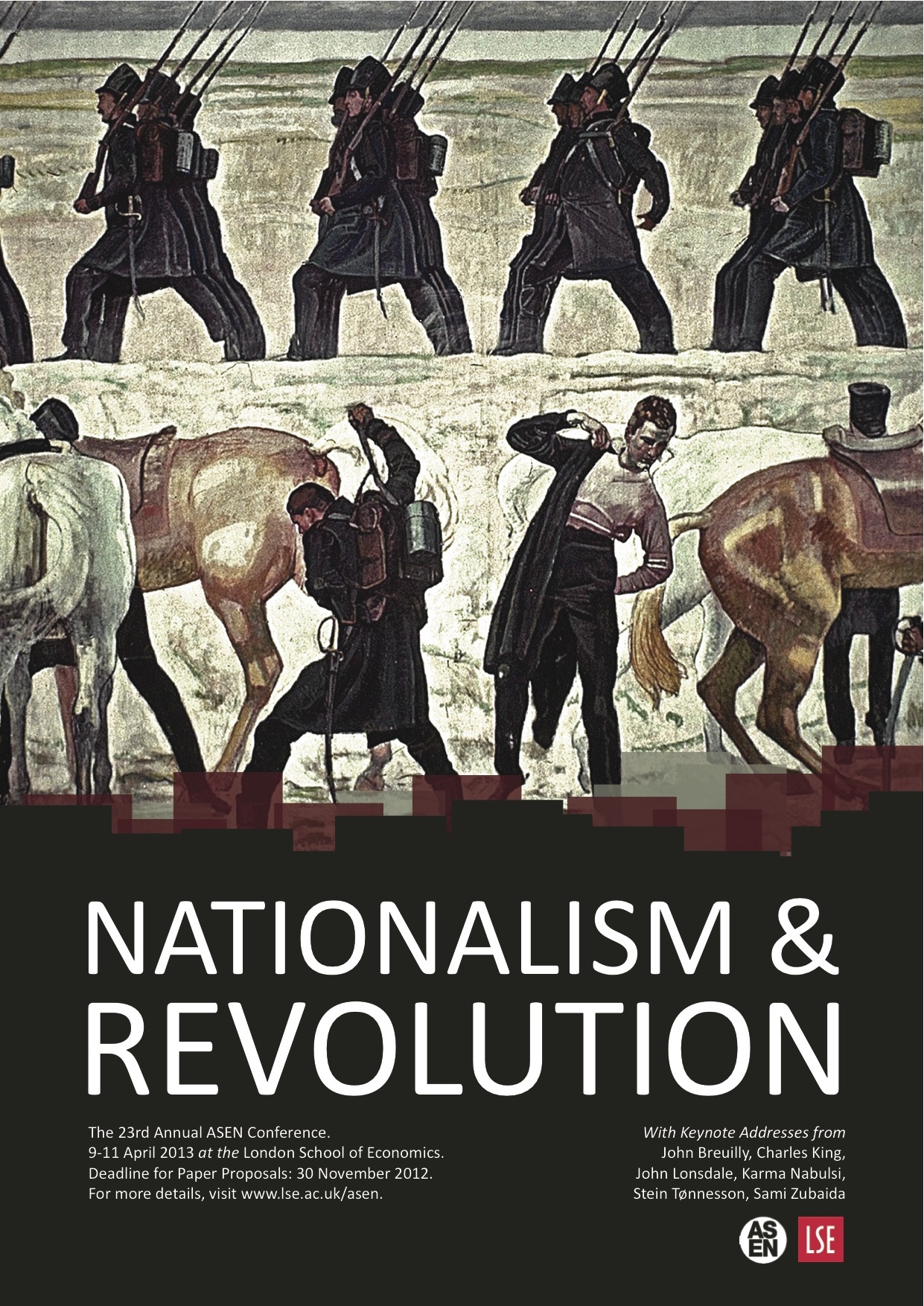Studies in Ethnicity and Nationalism (SEN) is currently seeking authors to write reviews for our upcoming special issue on “Ethnicity, Nationalism and Education”. The reviews are intended for publication in SEN volume 13 number 3 (2013). The deadline for submission of finished review articles is 1 June 2013 (early submission is greatly appreciated).
Authors are welcome to review volumes of their own choice, as long as they deal with the topic of “Ethnicity, Nationalism and Education” and have been published within the last two years. Examples of relevant themes that may be discussed in the books under review include:
• Hegemonic education and ethnic minorities
• Cultural autonomy and education
• Schools and nationalist education
• Educational attainment and xenophobia
• Education and nation-building in developing countries
Please forward suggestions for reviews along with any questions or queries to the SEN book review editors at sen.reviews@lse.ac.uk
SEN’s review guidelines can be found here.



